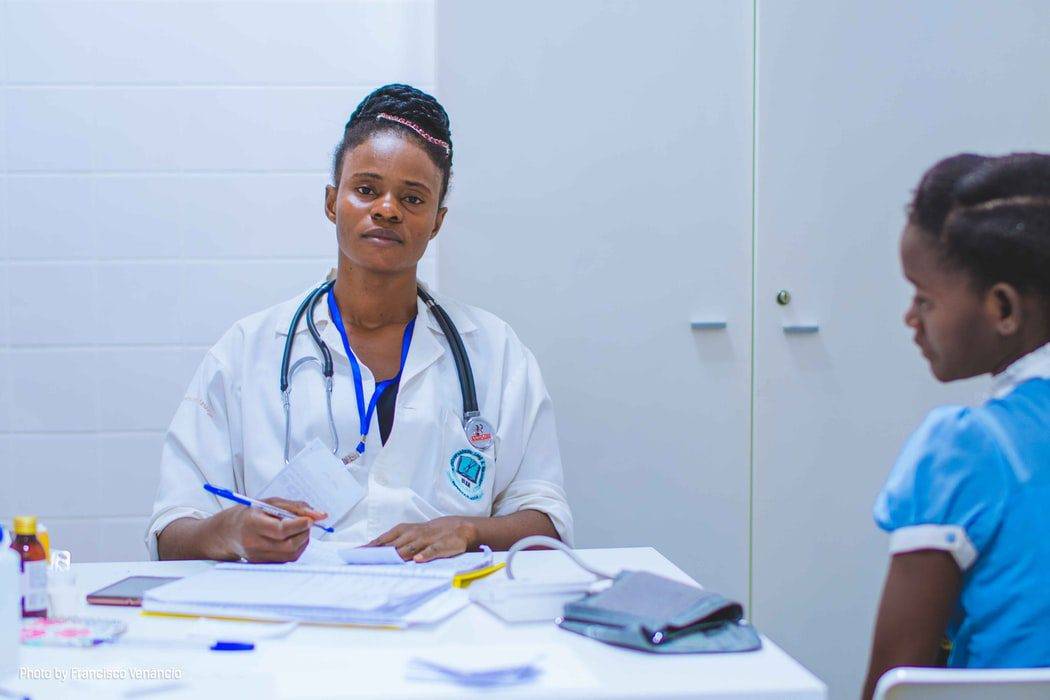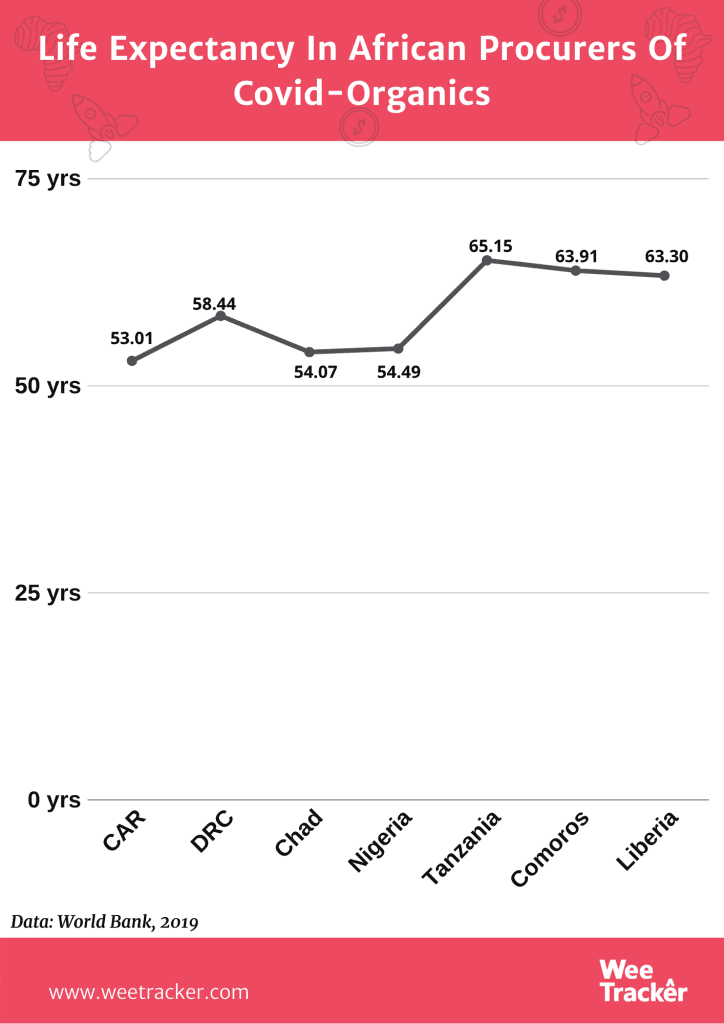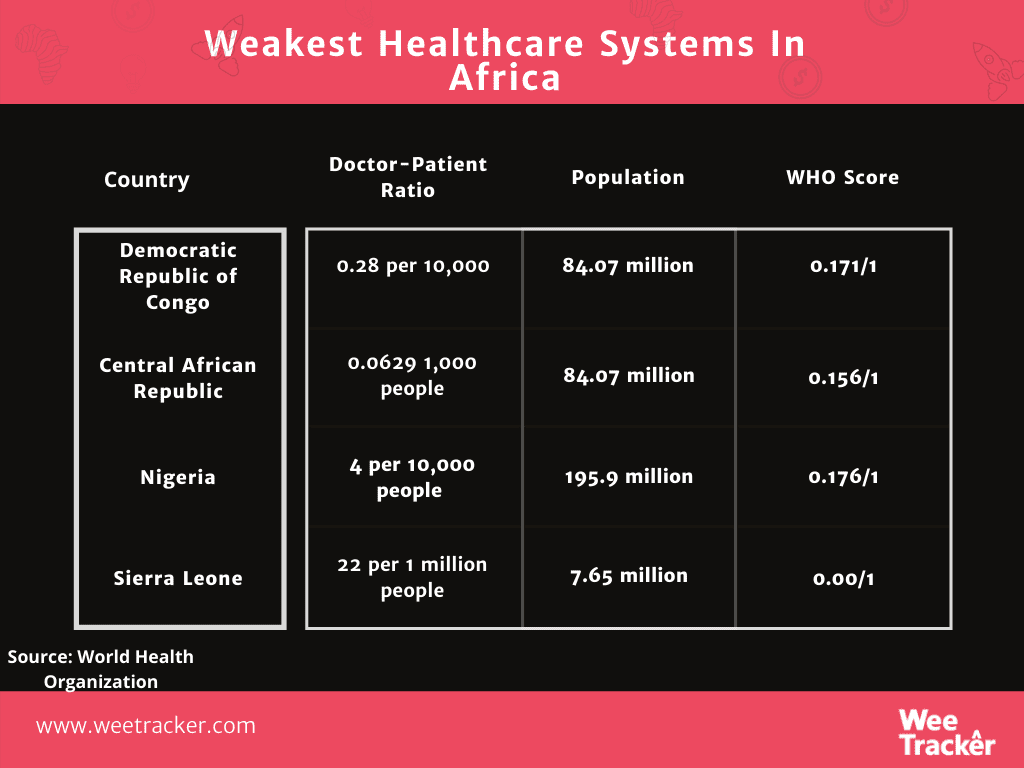Africa’s Weakest Health Systems Bet On Madagascar’s “Miracle” Cure

Called Covid-Organics, Madagascar’s cure for coronavirus is one of the few homegrown solutions Africa has developed for global problems. The signs of a remedy in the works has prompted the island nation’s African neighbors to import the bottled herb to cure coronavirus.
The countries who are moving to first procure the Covid-Organics are the ones who have the weakest healthcare systems in Africa—and possibly the world at large.
Joining The Organic Crusade
The World Health Organization is yet to endorse Madagascar’s cure for coronavirus, but it has called for the herbal mixture’s clinical trial. While pushing for an approval, an increased number African countries have imported stacks of Covid-Organics.
Despite the WHO’s warnings about the efficacy of the plant-based concoction, Tanzania became the first country to collect a consignment of the sleekly designed bottle filled with amber liquid. The East African country said it would be selling the drink domestically for 40 US cents.
Almost immediately jumping on the Covid-Organics procurement bandwagon were Equatorial Guinea, Central African Republic, the Republic of Congo, and the Democratic Republic of Congo.
Equatorial Guinea, Central African Republic, the Republic of the Congo, and the Democratic Republic of the Congo, Liberia, Comoros, and Guinea-Bissau. These countries have already shipped in thousands of cure’s doses, which Madagascar gave them free of charge.
On its parts, Guinea-Bissau has received more than 16,000 doses, which it is distributing to the 14 other African nations. Now, Africa’s largest economy, Nigeria, is following suit. President Buhari has directed for the cure to be imported in the nation to beat Covid-19.
Common Ground
A commonness among most of the countries procuring Covid-Organics isn’t just having shaky healthcare systems, but being weakest in Africa. At present, the continent’s coronavirus tally is low compared to that of Europe, the Middle East and Asia.
Nevertheless, it is experiencing a shortage of medical equipment, a scarcity of beds and has poorly-paid healthcare personnel.
Central African Republic and Equatorial Guinea are two countries with the poorest healthcare systems in the world. CAR, with a WHO performance of 0.156/1, has a health system that has been decimated by 2 years of sectarian violence. Political instability, anarchy, poverty and poor infrastructure has brought down the country’s average life expectancy to 53.01 years.
DRC, on the other hand, has a score on 0.171/1 on WHO’s ranking of health system performance. Most of the country’s health centers are poorly-staffed and under-equipped, asides the main problem of having just 1 doctor for every 10,000 people. 2018 stats show that DRC has 84.07 million people.

Liberia also falls within this category, scoring 0.200 on the WHO health system index for countries. The nation of nearly 5 million people has an average life expectancy is around 57 years. According to the Liberia Medical and Dental Council, there are currently 298 medical doctors.
Although some of these countries say they are promoting Africa-made cures amidst a global crisis, it is interesting to see that the continent’s weakest health systems are mostly the first ones to procure Covid-Organics.
Awaking From A Nightmare
Africa currently struggles with an intensive care crisis. Figures for critical care facilities in the continent are hard to come by, even for the WHO. Africa’s capacity in this area shows there is short supply, as even countries with the most advanced systems, like South Africa, would struggle.

According to the United Nations Economic Commission for Africa, the pandemic could claim the lives of between 300,000 to 3.3 million Africans if measures are not effective. USD 100 Bn is needed to urgently provide fiscal space to countries to help them address safety net needs. But not if there’s a cure somewhere around.
Promoting homegrown traditional cures has not been one of Africa’s strong suits, but only time will tell how the Covid-Organics saga would unfold, especially now that South Africa is testing the viability of the herb.
If it checks out, it could be a cause for a huge sigh of relief, especially for African countries that are not as equipped as those of Europe when it comes to containing pandemics and epidemics. The looming recession makes the situation even more dire.
The African Union (AU) is also trying to get Madagascar’s technical data on the remedy, which it would pass to the Africa Centers for Disease Control and Prevention for evaluation.
Photo by Francisco Venancio via Unsplash